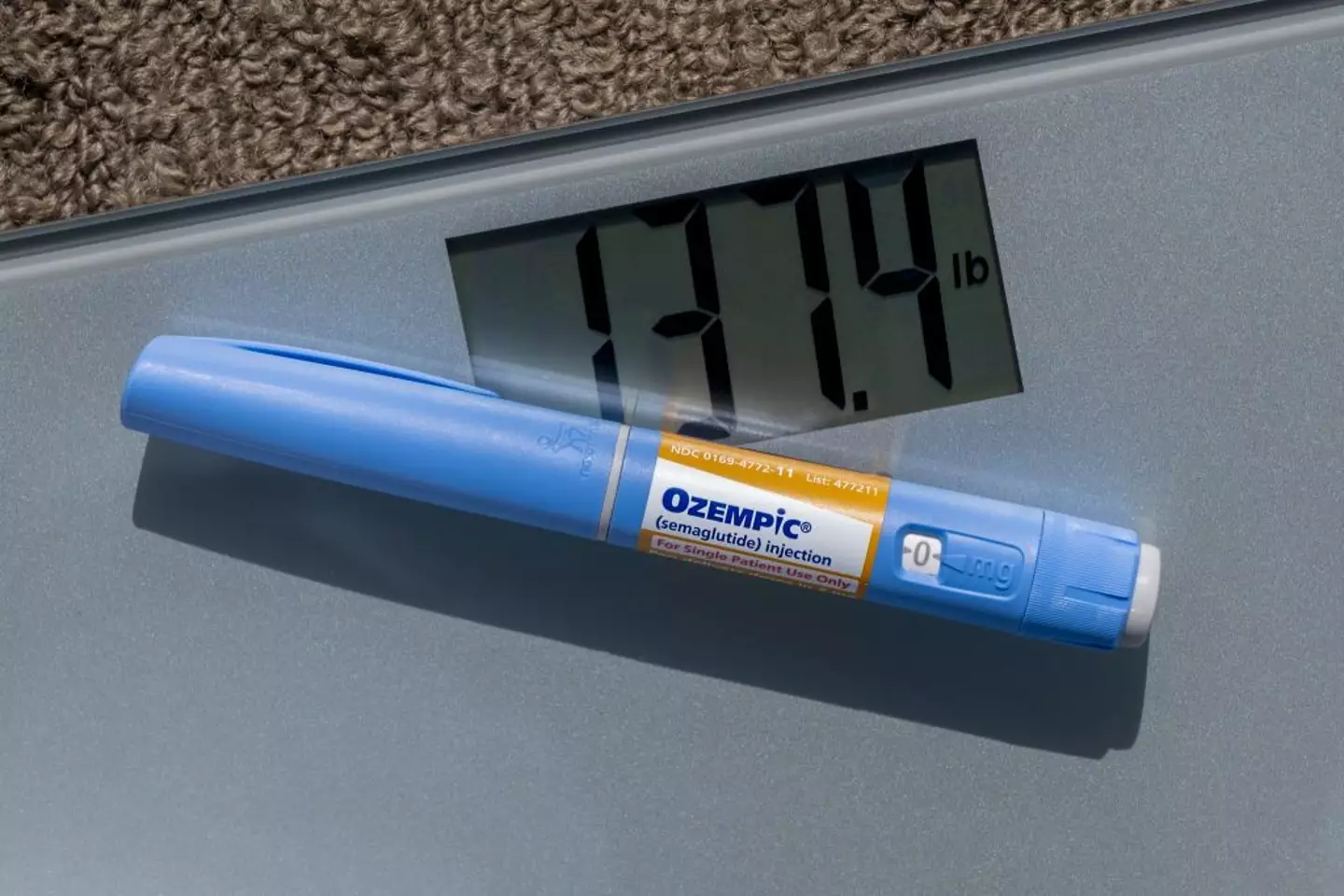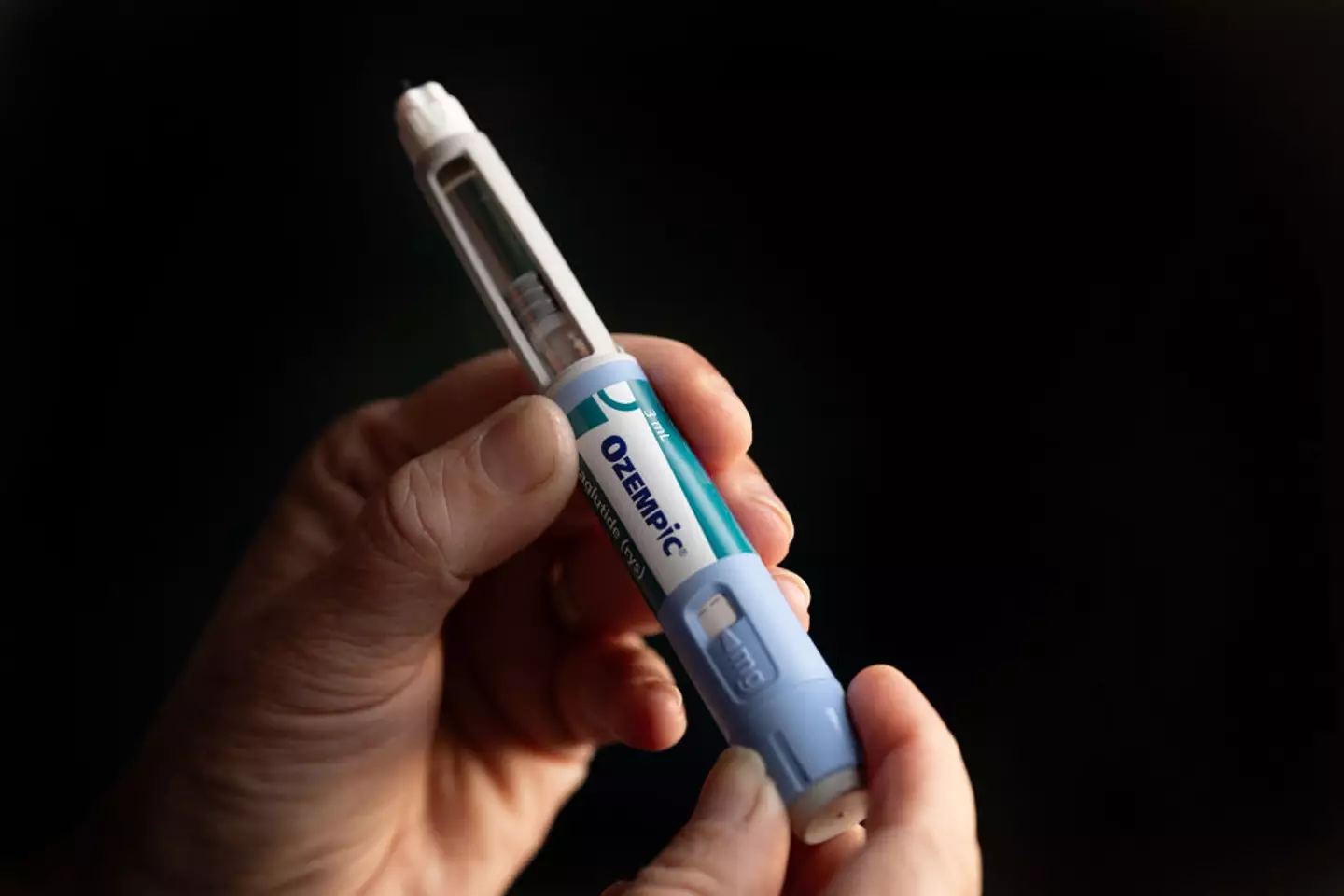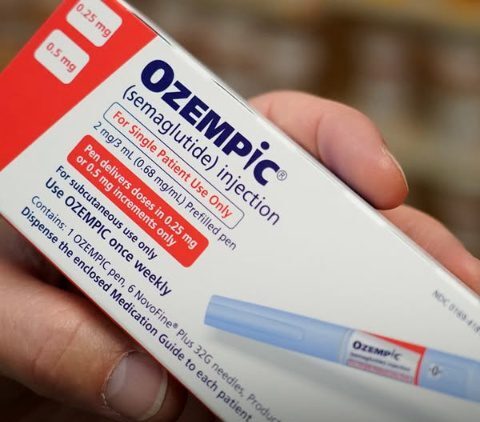Doctor sends warning to anyone ‘micro-dosing’ Ozempic as fears grow about what it could do to your body
‘Micro-dosing’ Ozempic might work for some, but a doctor has warned that some risks come with it.
Ozempic has been a topic of discussion for some time now in light of people’s weight loss results from taking the drug that was created to help people with type 2 diabetes.
One of the main reasons Ozempic has become so big in the health sector is the famous faces who have been taking it to lose weight. Oprah Winfrey, Sharon Osbourne, Amy Schumer, and Rebel Wilson have all admitted to trying it.
However, Ozempic itself hasn’t been approved by the FDA for weight loss. Semaglutide, which is present and can help regulate your appetite, is approved for weight loss under a different name, Wegovy.
But now, the drug has become increasingly popular with, well, everyone. According to CNN, as of last year, one in eight Americans had taken Ozempic or another GLP-1 alternative.


Ozempic has become a popular weight-loss drug (Michael Siluk/UCG/Universal Images Group via Getty Images)
One person to have tried it is Madison Burgess, but she’s been ‘micro-dosing’ and documenting her weight loss journey on social media.
Madison had been trying to take the recommended amount of Ozempic but found the side effects to be too much. With this in mind, her doctor reportedly recommended she take a smaller dose of the drug to see how she got on, and she’s since lost 60lb in two years.
But should others try micro-dosing Ozempic? Well, a GP has weighed in.
In a piece penned for The Independent, Dr. Natasha Yates explained that there hasn’t been much research into micro-dosing.
“Using injectables in this way has not been researched, so the safety has not been established,” she said.


One in eight Americans have tried prescription weight-loss injections like Ozempic (Steve Christo – Corbis/Corbis via Getty Images)
“However, it’s unlikely lower doses would lead to higher safety concerns. In fact, logically, lower doses are likely to mean
fewer side-effects.”
Dr. Yates went on to warn about expiration dates, adding: “These drugs do expire after a few weeks, and micro-dosing could increase the risk of inadvertently using them after their expiration date.
“Injecting out-of-date medication can be a significant health risk. For example, it could cause infection if bacteria has started to grow.”
But for Dr. Yates, her ‘biggest concern’ is that people are micro-dosing without informing their treatment teams first.
“Because there are no clear guidelines around micro-dosing, patients should only try it with caution and under medical care,” Dr. Yates explained.
“Their team can assist with issues such as accounting for the limited shelf-life of the medication.”
In regards to the effectiveness of micro-dosing, Dr. Yates said there hasn’t been enough testing to know for sure.




